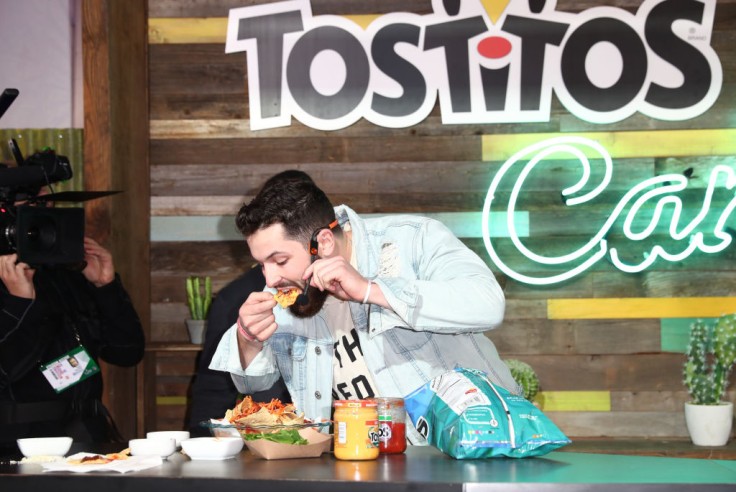
The fatal demise of a Massachusetts teen after eating an intensely spicy tortilla chip last year may lead doctors and food manufacturers to examine capsaicin, the ingredient accountable for the severe heat.
Massachusetts Teenager Passed Away After Ingesting a High-Capsaicin Food Item
Harris Wolobah, 14, died in September from cardiopulmonary arrest after consuming a high-capsaicin food substance, according to a statement by Elaine Driscoll from the Massachusetts Executive Office of Public Safety and Security.
Wolobah had eaten a Paqui chip, known for its "One Chip Challenge," which contained chili pepper extract. Following his death, Paqui removed these individually wrapped chips from shelves.
Dr. Stuart Berger, head of cardiology at Lurie Children's Heart Center in Chicago, believes this incident will prompt a reevaluation of capsaicin's effects.
Wolobah had an enlarged heart and a congenital defect, Driscoll confirmed, although it is unclear if his family was aware of these conditions before his death.
Research on capsaicin's impact on children is limited, but Wolobah's case could drive further investigation. Berger noted reports of capsaicin users experiencing chest pain and myocardial ischemia, especially those using it for weight loss.
Ed Currie of PuckerButt Pepper Co. mentioned increased industry focus on capsaicin. Angeli Gianchandani from the University of New Haven suggested that Wolobah's death might change how extremely spicy foods are marketed, advocating for adult-only labeling to prevent consumption by children or those with health issues.
Following Wolobah's death, Paqui stated that their challenge was meant for adults, acknowledging a rise in teenage use. The company decided to pull the product from shelves.
Wolobah's mother, Lois, expressed her continued grief, recalling that her son sought help from the school nurse for a stomach ache before collapsing at home and later dying at the hospital.
Read Also : Mother Receives Backlash for Charging Parents for Playdates At Her House And Billing for Snacks, Other Items
Harris Wolobah Consumed an Incredibly Spicy Tortilla Chip
The chip he ate contained Carolina Reaper and Naga Viper peppers, which rank extremely high on the Scoville scale.
Currie, who helped develop the Carolina Reaper, emphasized the importance of not marketing such products to children and criticized challenges involving extreme spiciness. He stressed the need for the industry to inform consumers about potential risks.
Paqui previously marketed their challenge by daring consumers to post pictures of their blue tongues on social media after eating the chip and enduring the heat for as long as possible without relief.
Despite the warning, children could still purchase the chips, and there were reports nationwide of teens becoming ill after participating in the chip-eating challenge.
Among them were three California high school students who were hospitalized and seven Minnesota students who were treated by paramedics in 2022 after taking part in the challenge.
The challenge called for participants to eat the Paqui chip and see how long they could go without consuming other food or water.
Sales were largely driven by social media videos showing people, including children, unwrapping the packaging, eating the chips, and reacting to the heat. Some videos showed people gagging, coughing, and begging for water.
Spicy food challenges have been popular for years.
Related Article : Massachusetts Teen Dies After Spicy Chip Challenge: Autopsy Reveals Heart Condition